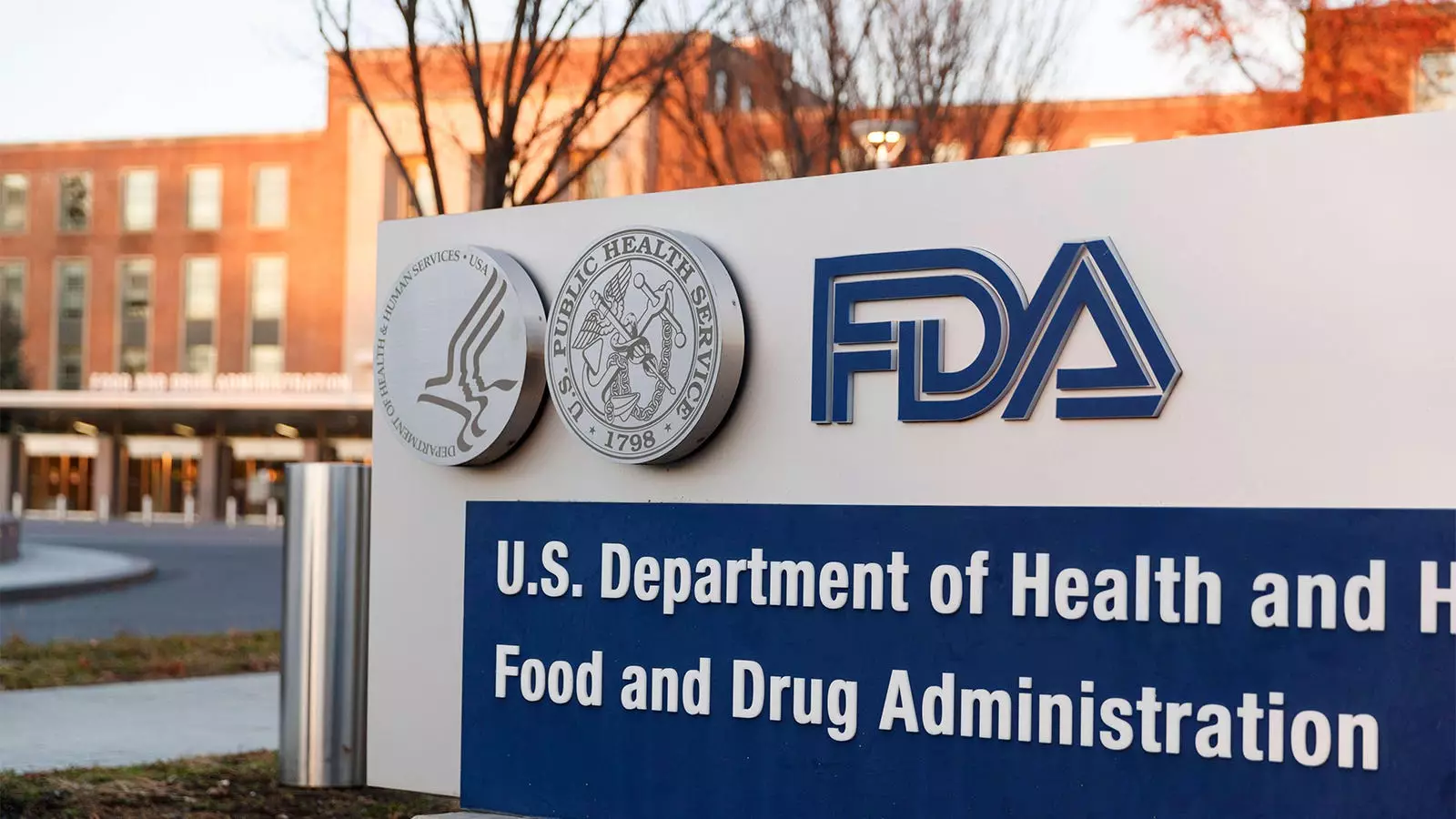In light of recent concerns regarding the integrity of the Food and Drug Administration’s (FDA) accelerated approval pathway, the need for reform within the agency has become increasingly apparent. Specifically, a report by the Department of Health and Human Services Office of Inspector General (OIG) has prompted an urgent call for the FDA to establish more stringent guidelines to govern this critical process. The FDA’s accelerated approval framework, designed to expedite access to life-saving medications based on preliminary evidence, has come under scrutiny following controversial approvals, most notably the Alzheimer’s drug aducanumab, marketed as Aduhelm.
One key recommendation from the OIG report is for the FDA to articulate clearer standards regarding when its intra-agency accelerated approval council should intervene in reviewing certain drug applications. This council plays a vital role in evaluating the safety and efficacy of treatments that receive expedited approval, yet the criteria for its involvement remain vague. The OIG’s findings underline the inconsistency in decision-making concerning the three notable drugs: aducanumab, hydroxyprogesterone caproate (HPC; Makena), and eteplirsen (Exondys 51), which deviated significantly from standard practices. Such an absence of clear parameters not only casts doubt on the validity of the approvals granted but also raises questions about the FDA’s commitment to ensuring patient safety.
An equally pressing recommendation from the OIG report is the necessity for the FDA to diligently document all interactions with pharmaceutical companies. This oversight is crucial for maintaining transparency and accountability, especially in instances where the agency’s scientific judgment appears compromised. The OIG highlighted the FDA’s failure to fully document meetings with Biogen regarding aducanumab, revealing gaps in oversight that hinder proper evaluation of the approval process. Thorough documentation would not only bolster public confidence in the FDA but also protect the integrity of the accelerated approval system as it evolves in the face of criticism and scrutiny.
Lessons from Past Approvals
The concerning trajectories of the drugs mentioned in the OIG report present a vivid reminder of the critical implications of inadequate oversight. Aducanumab, which stirred controversy by receiving approval in 2021 amidst doubts from both Congress and the medical community, exemplifies the failures of the accelerated approval program. Additionally, hydroxyprogesterone caproate faced its own set of challenges before being withdrawn in 2023 after years of contention surrounding its effectiveness. The case of eteplirsen further illustrates the potential hazards of relaxing evidentiary standards, with its approval in 2016 having yet to be supported by corroborative data demonstrating improved patient outcomes after nearly a decade.
Critical assessments by experts like Dr. Benjamin Rome have illuminated the financial burden imposed by drugs that enter the market without sufficient evidence of their clinical benefits. The exorbitant costs associated with these treatments are alarming, particularly in the case of eteplirsen, which has not demonstrated its effectiveness after extensive investment. With annual prices exceeding $1 million for some of these therapies, the implications are not just clinical but also economic, raising questions about the sustainability of such pricing structures within the healthcare system.
As the FDA navigates the complexities of accelerating drug approvals, it is imperative that the agency takes swift action in response to the OIG’s recommendations. Establishing clearer guidelines for when oversight councils should engage and rigorously documenting all interactions with pharmaceutical companies can enhance the credibility of the accelerated approval pathway. It is essential that the FDA prioritizes public trust and accountability, requiring drug manufacturers to adhere to high standards for evidence before bringing new therapies to market.
The insights from the OIG report serve as a crucial call to action for the FDA to reflect on its policies and practices surrounding accelerated drug approvals. Strengthening oversight mechanisms and fostering transparency are vital steps toward restoring confidence in a program designed to save lives. As healthcare stakeholders, including policymakers, healthcare professionals, and the public, we must advocate for these changes to ensure that the advanced approval system fulfills its promise without compromising patient safety or public resources. The establishment of a thoughtfully regulated accelerated approval pathway is not just beneficial—it is a necessary evolution for a responsible health agency in today’s fast-paced pharmaceutical landscape.

